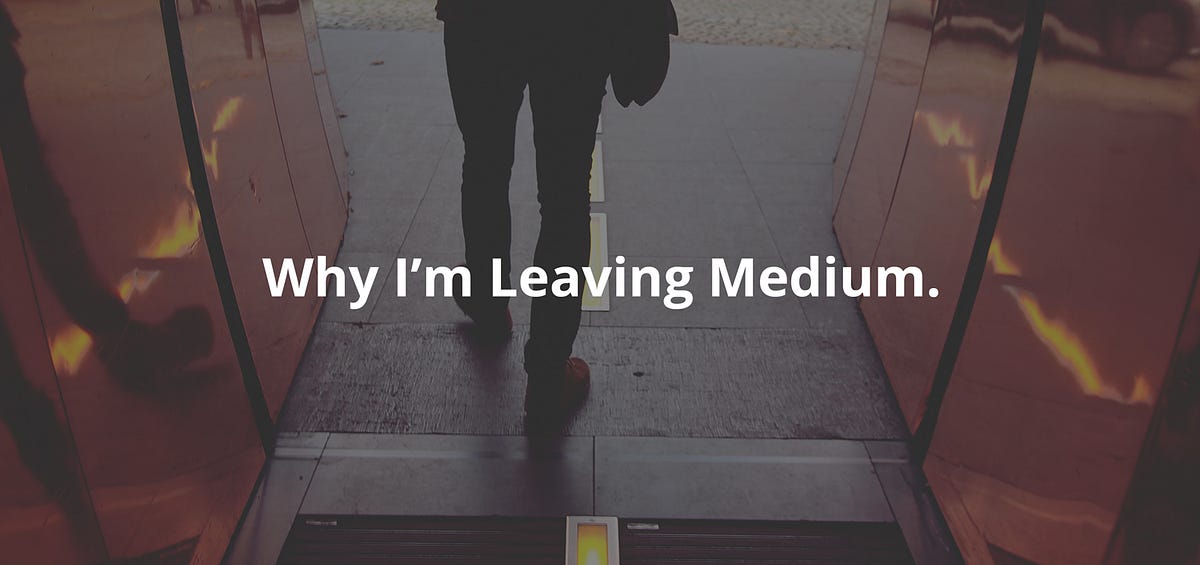[Image from Conor O'Shea's article]
I have been writing for over five years now on this blog, and have some regular readers who sometimes provide feedback, sometimes debate with my ideas and sometimes just read and move on. I've been reading other people's blogs and articles and books for far longer. I read six articles a day on average (outside of what I read in newspapers).
This totals up to approximately 20,000 articles over a period of ten years. At an average article length of 5 minutes, that's 100,000 minutes worth of reading over a ten year period (which isn't a lot, by the way).
Over the years, the primary source for these articles (more than 90%) have been through my RSS feed, powered by Google Reader for a long time and The Old Reader since Google Reader was shut down. And this has remained so, even as I've had varying levels of active periods on Twitter, Facebook, LinkedIn Google+ and Medium.
Each of these (except maybe Google+) have tried and continue to try to be the platform of choice where people discover new things to consume (of which reading is a part). In doing this, LinkedIn and Medium have their own publishing platforms enticing writers to write (and not just publish) their articles on these platforms.
The difference between these and an RSS feed is curation. Each of these try to curate the feed we receive, but there is no curation in RSS. You get every new update from the blogs/websites you follow in your RSS feed in a chronological order and you then get to decide what to read and what to ignore.
Curation can only be trusted if you're a heavy consumer on the platform. For example, Twitter has a 'While you were away' section which always features tweets from the three or four people I've retweeted in the past and none whatsoever from the nine hundred odd others that I follow on Twitter. It's the same with Facebook. It only shows me stories from a handful of people whose posts I like or comment on and rarely shows me anything about the 900 other people who I'm friends with.
Curation reduces serendipity. And is extremely useful and necessary in many scenarios (like my Facebook feed - I don't want to see everything that everyone I've ever known is doing right now). And is very inhibiting in many other scenarios (My Medium daily feed has featured less than ten authors in the last three weeks, although I'm sure there are ten thousand times more people actually writing or publishing on Medium).
True, my RSS feed doesn't show me anything from the thousands of people writing that I don't follow either. But, at least, the curation is in my control. I'm the one doing the curation.
Every platform starts aggregating it's content and promoting the popular creators (the influencers) eventually in the quest of growing it's monthly active users and what starts off as a platform to even out the playing field for all content creators will turn into a platform with new rules that will be exploited by a few publishers while the rest of the long tail will continue to find it hard to be discovered.
This is the nature of how things work at scale and anyone looking to change this is only kidding themselves if they believe they actually can. Looks like Conor O'Shea quit Medium for this reason, for Medium failing to help more content creators be discovered. But he needn't have. In order for Medium to have done what he had hoped, the human nature would have to be changed, which is no easy feat.





CONVERSATION